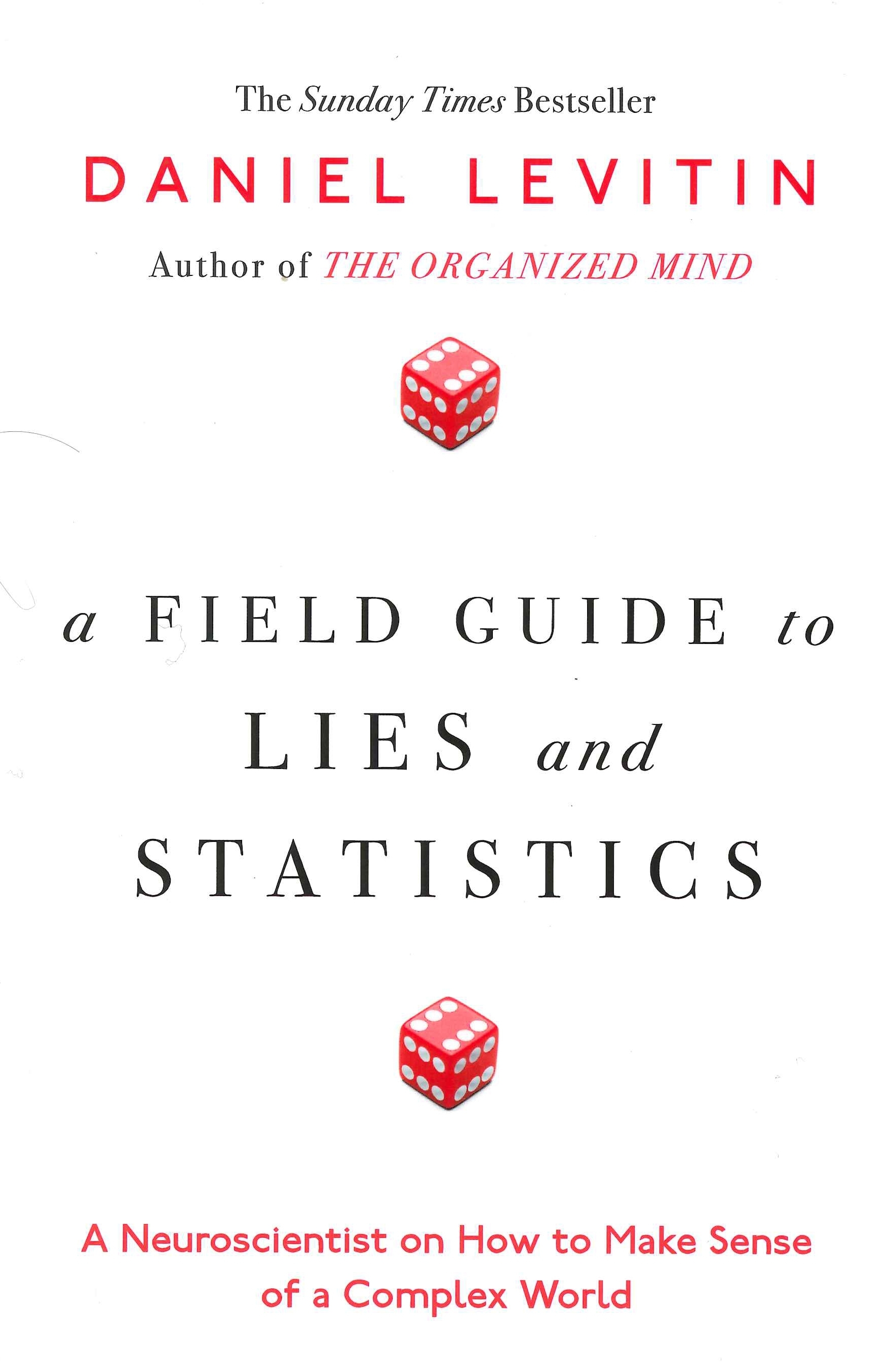What do you think?
Rate this book


304 pages, Paperback
First published September 6, 2016
The most important component of the best critical thinking that is lacking in our society today is humility. It is a simple yet profound notion: If we realize we don’t know everything, we can learn. If we think we know everything, learning is impossible.
Critical thinking doesn’t mean we disparage everything; it means that we try to distinguish between claims with evidence and those without.
Biases, inaccuracies, and honest mistakes can enter at any stage. Part of evaluating claims includes asking the questions “Can we really know that?” and “How do they know that?”
There are not two sides to a story when one side is a lie. .... Two sides to a story exist when evidence exists on both sides of a position. Then, reasonable people may disagree about how to weigh that evidence, and what conclusion to form from it. Everyone, of course, is entitled to their own opinion. But they are not entitled to their own facts. Lies are an absence of facts and, in many cases, a direct contradiction of them.
We’re far better off knowing a moderate number of things with certainty than a large number of things that might not be so.
“Truth is the default position and we assume others are being truthful with us. An old joke goes, “How do you know that some is lying to you? Because they begin with the phrase to be perfectly honest. Honest people do not need to preface their remarks this way.”In the last third of the book, Levitin runs through how to think straight: deduction and induction, logical fallacies, framing risk, and belief perseverance, ending with a separate chapter on Bayesian probability. Finally, he gives four case studies to see if you managed to understand what he’d been telling you all along. He ends with a physicist’s explanation of new ideas and what we really don’t know for sure.




